
The acceleration of de-lignification and the rapid penetration of Renewable Energy Sources, the two central pillars of government policy in the energy market, bring major reshuffles in the power mix but also rearrangement of units that will be called upon to lift the burden of power supply system security and adequacy.
The leadership of the Ministry of Environment and Energy, in the context of the practices applied by other European countries, has launched a series of requests to the European Commission to establish compensation mechanisms for natural gas and PPC plants that will be put into a back-up strategy, as well as for the compensation of the public company due to the costs of mine rehabilitation and staff exits. The government is also calling for the introduction of a mechanism to compensate for hybrid power generation and energy storage systems.
As the de-lignification progresses, so does the approval of the aforementioned mechanisms, while at the same time new fronts have opened for PPC with older competition cases.
On 13 May, the Vice President of the European Commission and Competent Commissioner for Competition, Margaret Vestager, will visit Athens, and will meet with the Minister of Environment and Energy, Costas Skrekas.
Assumptions
In detail, the cases that the two sides have to discuss are:
1. Capacity remuneration mechanisms (CRM). As Mr. Skrekas has announced, by June, the ministry will send a proposal to the Commission for the establishment of the mechanism that will compensate the flexible and modern units so that they may be available at any time to cover electricity needs based on the orders of the Administrator.
2. Strategic Reserve Mechanism. An information has been sent to the European Commission in order to compensate mainly the lignite units of PPC for their relegation to strategic reserve status. The public company is recording financial losses for keeping them on alert and therefore seeks compensation.
3. Claim for compensation for closure of lignite plants and mines. This is a request to cover extraordinary expenses arising from the hasty closure of power generation units and mines of the public company.
4. Compensation scheme for hybrid stations on non-interconnected islands. It is a framework for strengthening power plants that combine RES power generation and energy storage.
5. Strengthening “green” bilateral power purchase agreements (PPAs). The Minister of Minister of Environment and Energy seeks, within the framework of relevant European practices, the subsidization of electricity generators from RES for the conclusion of bilateral contracts for the sale of electricity directly to energy-intensive industries or to suppliers who sell electricity to large consumers.
6. Lignite production auction mechanism. This is the old case from 2007 of the country’s condemnation of PPC’s monopoly access to lignite (anti trust case). Greece has agreed with the European Commission to establish a mechanism that will give access to the public company’s competitors in lignite energy products through auctions. For this, the preparation of a market test had been agreed, which according to the information did not receive a particularly warm response from the market.
7. Initiation of the investigation procedures of the European Commission for possible distortion of competition by PPC. This is the announcement of DG COMP about a month ago and concerns the results of a surprise audit carried out in 2017 by the European services at PPC.
Latest News

Stirring 86th Greek Independence Day Parade Down 5th Ave. Evangelos Marinakis an Honorary Grand Marshal
According to NYPD sources, the 2025 parade is expected to be one of the biggest in recent memory, with some 120 groups with 52 floats and 15 marching bands paraded from 64th to 79th streets along renowned Fifth Avenue

PM Mitsotakis Highlights Chevron’s Interest in Greek EEZ in Weekly Review
“The interest from Chevron is important because a leading American multinational chooses to invest in Greek maritime plots, thus practically recognizing Greece's EEZ in the area,” the prime minister said.

PM Mitsotakis Visits Israel for Talks on Defense, Energy, and Stability
According to sources, the meetings will cover bilateral collaboration as well as regional developments, particularly in the Eastern Mediterranean and Syria.

Pyatt stresses major Greek role in regional energy map, importance of ongoing Greek-Turkish talks
The former US Assistant Secretary of State foe Energy Resources passionately underlines importance of NATO and America's Global Alliances for US security

Applications for Child Benefit Open Again
The electronic platform for submitting Child Benefit applications, A21, will re-open at 08:00 on Monday, March 31, 2025.
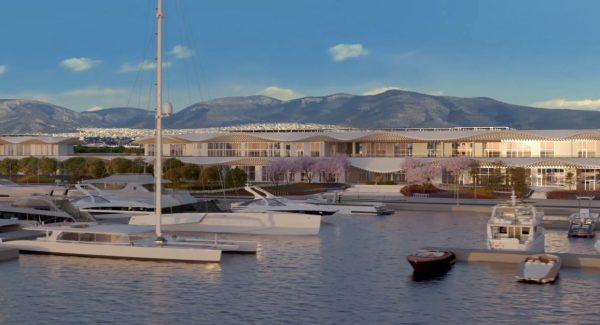
Ellinikon Redevelopment Advances: Key Projects on Track
Spanning 17,000 square meters, the shopping center has already leased out 75% of its space, with an average rental price of 85 euros per square meter.

Aid Arrives as Myanmar Struggles with Earthquake Aftermath
Aid is starting to arrive after the powerful 7.7-magnitude earthquake which struck central Myanmar on Friday, causing widespread devastation and claiming over 1,000 lives.
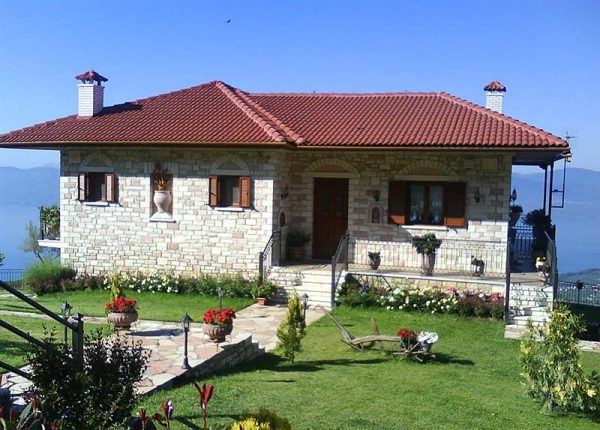
Over 60% Greeks Own a First Home, 39% a 2nd Home: European Report
The responses from 20,000 European adults who participated in the “RE/MAX European Housing Trend Report 2024,” conducted by Opinium Research for RE/MAX Europe, highlight the evolving expectations for residential spaces
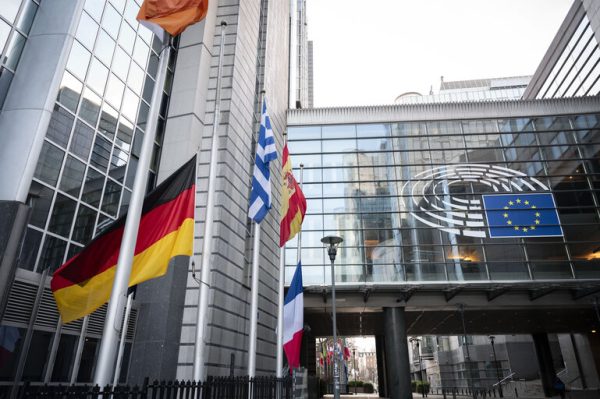
Europe’s Economic Outlook Brightens, But Caution Remains, Says Citigroup
Citi forecasts a slight increase in growth from 0.8% in 2024 to 1% this year, with further acceleration slightly above potential in 2026-27.

Greece Fast-Tracks Chevron’s Offshore Entry, Eyes Third Player
Chevron has formally expressed interest in the offshore area "South of the Peloponnese" and, as of March 26, also for blocks "South of Crete I" and "South of Crete II."








![Τουρκία: Μεγάλες βλέψεις για παραγωγή ηλεκτρικών οχημάτων [γράφημα]](https://www.ot.gr/wp-content/uploads/2025/03/ot_turkish_autos-90x90.png)



![BYD: Ποιος είναι ο Γουάνγκ Τσουανφού που χτίζει τα όνειρα της Κίνας [γράφημα]](https://www.ot.gr/wp-content/uploads/2025/03/ot_BYD_Ceo_CHUANFU-90x90.png)

![Ξενοδοχεία: «Τσίμπησαν» οι τιμές το 2024 – Πόσο κόστισε η διανυκτέρευση [πίνακας]](https://www.ot.gr/wp-content/uploads/2025/03/hotels-90x90.jpg)






![ΕΛΣΤΑΤ: Αυξήθηκε η οικοδομική δραστηριότητα κατά 15,6% το Δεκέμβριο [πίνακες]](https://www.ot.gr/wp-content/uploads/2025/03/DSC9655-2-1024x569-1-90x90.jpg)










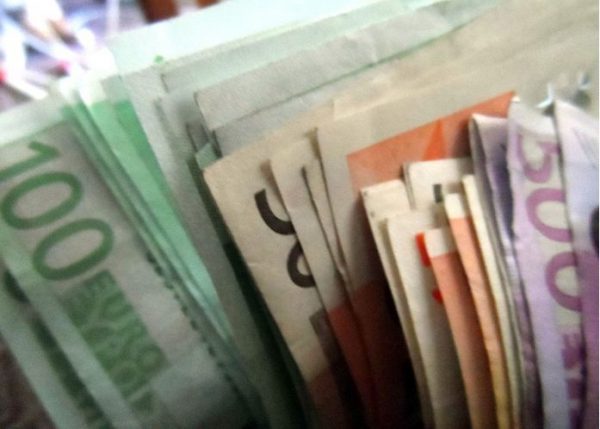

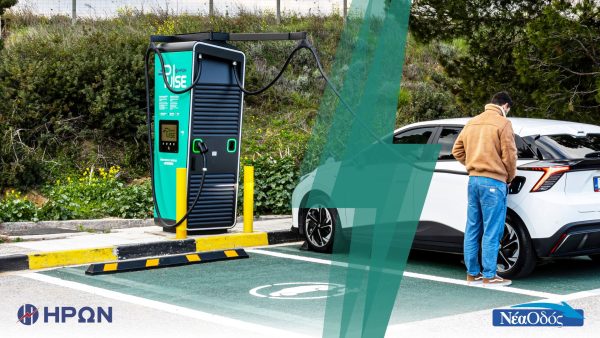


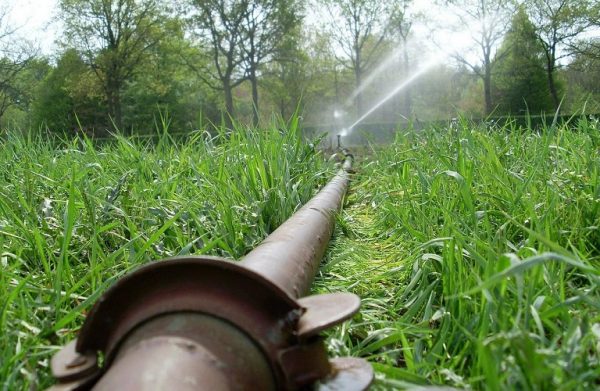




 Αριθμός Πιστοποίησης
Αριθμός Πιστοποίησης